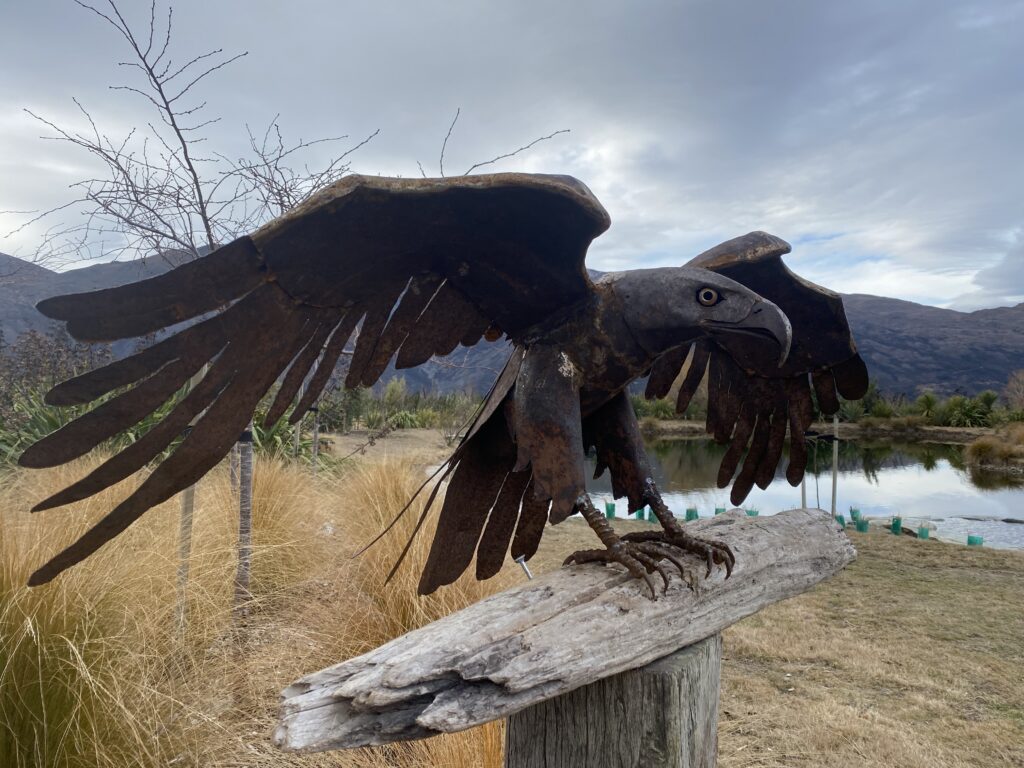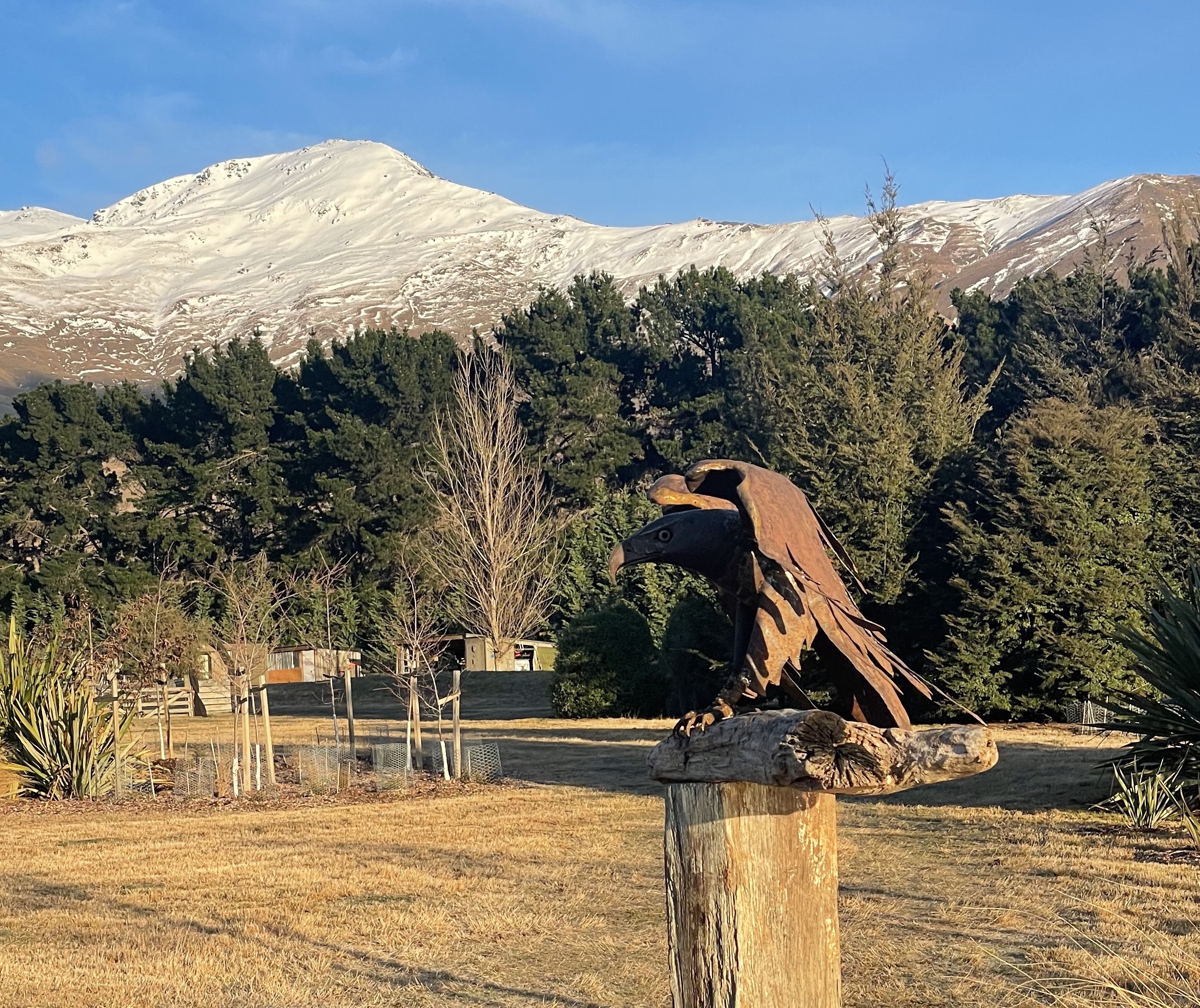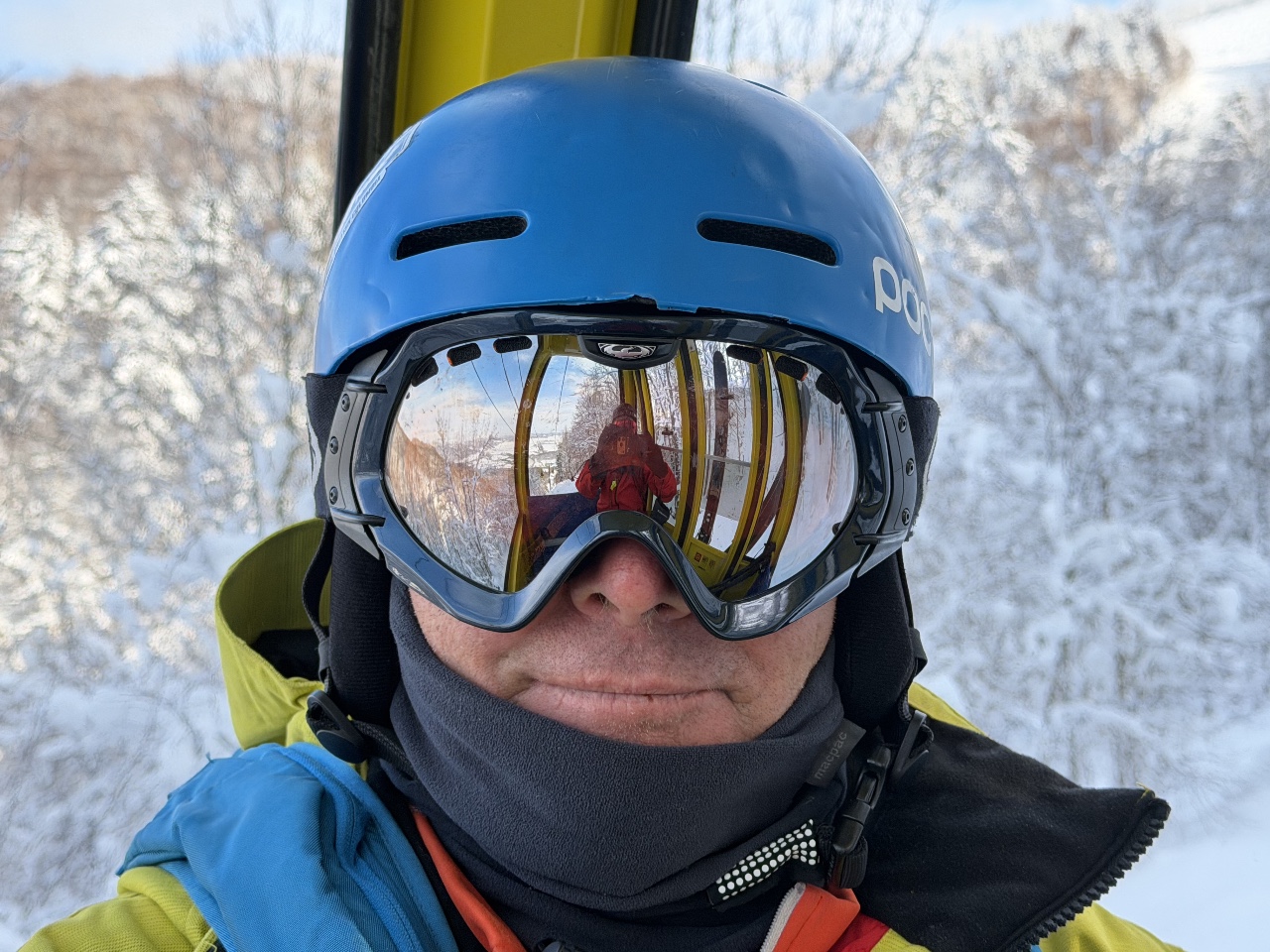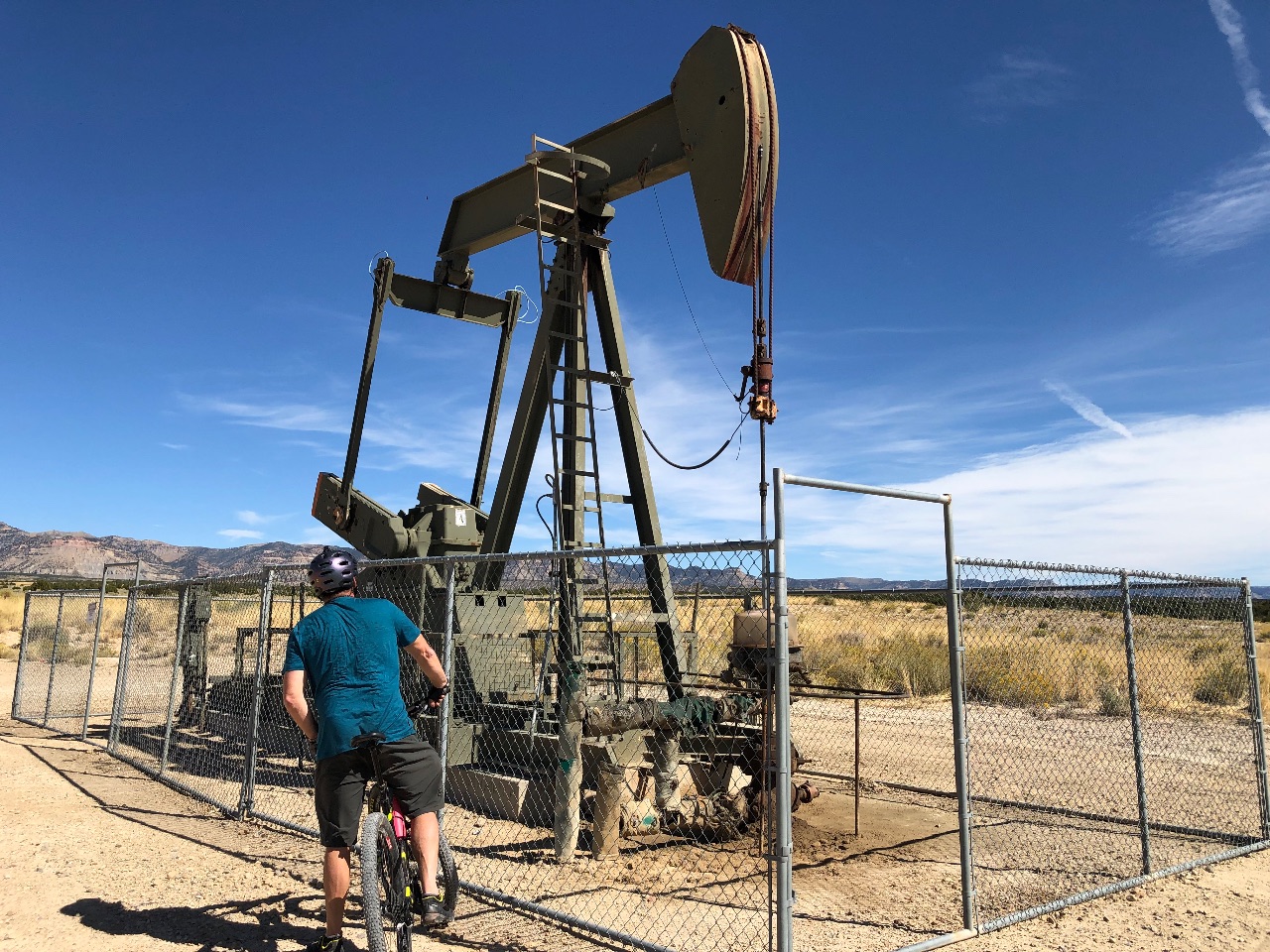Hakawai the Haast Eagle lands in Gibbston.

At the risk of being controversial…I could point out that the Haast eagle died out when moa became extinct, not too long after the first humans arrived in New Zealand and found moa to be a good food source. No human culture, indigenous or otherwise, is immune to unsustainable practices.
This week the New Zealand academic world has seen a flurry of debate about the intersection between mātauranga Māori – the knowledge base of and created by Māori, past present and future – and the philosophy/method that is science. A group of seven academics from the University of Auckland wrote a letter to the Royal Society of New Zealand (RSNZ -a body which supports advances and promotes research and scholarly activity in the pursuit of knowledge). The academics expressed their concerns about proposed changes to the Māori portion of the school curriculum. Particular aspects of the curriculum they took exception to are:
- An aim to “ensure parity for mātauranga Māori with the other bodies of knowledge credentialed by NCEA – particularly Western/Pākehā epistemologies”.
- Part of a new course which “Promotes discussion and analysis of the ways in which science has been used to support the dominance of Eurocentric views (among which, its use as a rationale for colonisation of Māori and the suppression of Māori knowledge); and the notion that science is a Western European invention and itself evidence of European dominance over Māori and other indigenous peoples.”
This letter to the RSNZ sparked rebuttal and discussion, with the University of Auckland saying the letter writers do not represent the view of the institution and other Auckland academics saying the letter doesn’t represent their views either. Many other people and institutions have weighed in, with the debate moving well beyond the content of the actual letter, to arguments about the relevance and nature of mātauranga Māori and the faults of the process of colonisation.
I agree with the letter writers in their concern regarding the statement that science is a ‘Western European invention’. I am not sure why a curriculum would need to counter this notion as it seems historically ignorant and I am sure many other cultures would take exception to it! ‘Science’ is a philosophy and method for studying the structure and behaviour of the physical and natural world through observation and experiment; as such, science is not specific to any culture nor designed by a single culture. ‘Science’ is a case of parallel evolution of thought and practice across many different cultures, the strands of which have converged as cultures have become more intertwined as interchange across the world has increased.
Study of the philosophy of science (understanding the nature of the process considered to be ‘science’) only developed in the 1900s. However, the Greeks Plato and Aristotle are credited with developing foundations of scientific thought in the 400s BCE, China was developing technologies through experimentation in the first centuries AD, and from the 800s the Arab world was developing hospitals and engineering based on scientific principles. There is no single worldwide agreement of what constitutes science, that’s why the philosophy of science is a whole realm of endeavour in itself. But put simply, the practice of science involves:
- Developing a question based on existing knowledge e.g. Does this mRNA vaccine prevent people getting COVID-19?
- Designing a process which can test the question e.g. vaccinating some people and not vaccinating others and counting how many vaccinated vs unvaccinated people get COVID-19.
- Making structured and repeated observations in the pursuit of testing the question e.g. carrying out the planned process and testing all the people involved for COVID-19 as well as recording how sick they got.
- Drawing a conclusion regarding the hypothesis based on the observations e.g. comparing the numbers of vaccinated vs unvaccinated people who got sick and seeing if one group got sick more than the other, as well as how how different those numbers are.
- Checking the validity of the activities by providing the question, method, data and conclusions for review by other scientists and then the material being published if the reviews are favourable.
- Communicating the findings within and beyond the science commun ity e.g. writing articles for the media or publishing on a website.
- Identifying the next logical step in knowledge development, based on the new knowledge created e.g. asking whether the vaccinated people who got sick can infect others.,
- Repeating the process to test the new question and create an updated answer.
Science is influenced by culture, in the sense that people’s values affect the questions they ask and the observations that they make. However, the method should be independent of culture. If one were to draw a diagram of bodies of cultural knowledge in relation to science, it could look like the picture below in multiple dimensions. Every culture has its own body of knowledge, which intersects with bodies of knowledge of all the other cultures and science intersects with all bodies of cultural knowledge. Any culture can use the practice of scientific method to create new knowledge.

Though I agree that science is not a ‘Western invention’, for the most part I don’t agree with the Auckland letter writers. For a start, they conflate the term mātauranga Māori with the broad (and ill-defined) term ‘indigenous knowledge’, and then go on to imply that indigenous knowledge cannot include knowledge based on scientific practice. This is plain wrong. Any and all cultural groups can and most likely do practice scientific methodology.
The letter writers also make the unfortunate statement that ‘science is helping us battle worldwide crises such as COVID, global warming, carbon pollution, biodiversity loss and environmental degradation’. Science helped create these crises in the first place. If we hadn’t changed conditions to promote human reproduction, survival and longevity, there would be no such crises. If we had not used science to develop technologies that use fossil fuels, there would be no anthropogenically-induced global warming. Science is the basis for agricultural mass production, responsible for many greenhouse gas emissions and loss of natural habitat. I don’t think it is much of a recommendation for a philosophy that it is solving the problems it created!
What the Auckland writers don’t tackle is why scientific thought and process is useful and important, and how scientific knowledge is both useful and important in relation to other ways of creating knowledge and making decisions. One of the best things about science is that it provides a shared method through which different cultures can interact on the same footing, to create mutual understanding of how to approach problems e.g. a global pandemic. The same goes for individuals – science provides a common approach that helps individuals to work together.
Science has provided a structure for governments to make decisions, including in regard to the COVID pandemic. It is not the only structure that could be used, nor necessarily the best, but it provides a logical way of approaching the issues. We will actually never know what a ‘best’ solution might be because we won’t be running the national experiments twice (or three times, as is a basic scientific practice) to find out if we get different results. In the pandemic, science has been used to predict rate and location of spread of disease, and to predict the effectiveness of measures that will prevent disease spread. Governments have used that scientific knowledge to choose which disease control measures to implement e.g. closing borders, mandating lockdowns or mask wearing. Science has then taken the information regarding what actually happened when the measures were put in place, compared them to what was predicted, then improved their predictions. Governments have then refined their approaches to controlling COVID over time.
Cultural knowledge (noting here that I am not equating cultural knowledge with any particular culture), has provided the all-important context in which governments have made their decisions – what values do the population want upheld? Do we value minimising the numbers of people who die? Or the types of individuals who might die? Or the incomes of the population? Or freedom to move around? Or freedom to not have our faces covered? Science has been a common language to inform us on as to how best to meet human goals in response to COVID.
I think the best note on which to end is a quote from the University of Auckland academics who responded to the initial letter, saying:
“We believe that mistrust of science stems from science’s ongoing role in perpetuating ‘scientific’ racism, justifying colonisation and continuing support of systems that create injustice. There can be no trust in science without robust self-reflection by the science community and an active commitment to change.”
It certainly seems like New Zealand needs more debate in its education system as to types and intersections of knowledge, so that any supposed misalignment between a cultural body of knowledge and scientific method can be firmly put to bed.

Discover more from Jane Shearer
Subscribe to get the latest posts sent to your email.





One thought on “Bodies of knowledge”